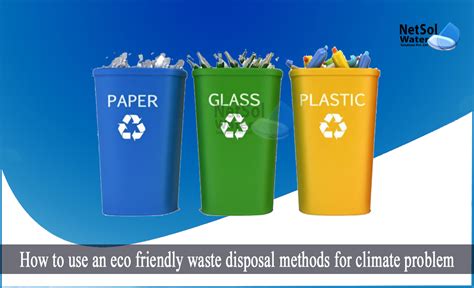The Eco-Conscious Way to Dispose of DEF Fluid
Diesel Exhaust Fluid (DEF) is crucial for modern diesel vehicles, reducing harmful emissions. However, its disposal requires careful consideration to minimize environmental impact. Improper disposal can lead to soil and water contamination, harming ecosystems and human health. This guide details the eco-conscious methods for disposing of DEF fluid, ensuring responsible environmental stewardship.
What is DEF Fluid and Why is Proper Disposal Important?
DEF, or Diesel Exhaust Fluid, is a non-hazardous solution of 32.5% high-purity urea and 67.5% deionized water. It's injected into the exhaust stream of diesel engines to catalyze the reduction of nitrogen oxides (NOx) into harmless nitrogen and water vapor. This process significantly lowers harmful emissions, contributing to cleaner air.
However, while DEF itself is non-hazardous in its pure form, improper disposal can cause environmental damage. Spilled DEF can contribute to eutrophication, a process where excessive nutrients in water bodies cause algal blooms, depleting oxygen and harming aquatic life. Additionally, large quantities of DEF improperly disposed of can contribute to soil acidification.
How to Dispose of DEF Fluid Responsibly:
The best method for DEF disposal depends on the quantity and your location. Here's a breakdown of responsible options:
1. Small Spills and Leaks:
For small spills in your garage or driveway, absorbent materials like kitty litter or sawdust can be used to soak up the liquid. Once absorbed, the mixture can be disposed of with your regular household trash. However, always check your local regulations, as some areas may have specific guidelines for even small spills.
2. Larger Quantities:
Larger quantities of DEF, such as from a service center or a business with a fleet of diesel vehicles, require a more structured approach. Here are the recommended options:
-
Return to a DEF Retailer: Many retailers that sell DEF will also accept returns of used or spilled fluid. Contact your local supplier to inquire about their return policy and any associated fees. This is often the most convenient and responsible method.
-
Hazardous Waste Facility: While DEF isn't classified as hazardous waste in most regions, some municipalities treat it as such due to potential environmental concerns if not handled correctly. Check with your local waste management authority to determine the proper disposal method in your area. They can inform you about the nearest hazardous waste facility and the procedures involved.
-
Professional Waste Haulers: For large businesses or fleets, contracting a professional waste hauler specializing in industrial or chemical waste disposal is recommended. They have the equipment and expertise to safely collect and transport DEF for proper treatment and disposal.
3. Accidental Spills on the Road:
Accidental DEF spills on public roads require immediate action. Contact your local emergency services or environmental protection agency. They will guide you on the proper cleanup and disposal procedure to prevent environmental contamination.
Frequently Asked Questions (PAA):
Is DEF fluid biodegradable?
Yes, DEF is biodegradable, but this doesn't mean you should simply pour it down the drain or into the ground. The biodegradable nature of DEF refers to its breakdown into harmless components over time, but this process can still negatively impact the environment if not managed properly, particularly in concentrated amounts or in sensitive ecosystems.
Can I pour DEF down the drain?
No. While DEF is biodegradable, pouring it down the drain can overwhelm wastewater treatment systems and negatively impact aquatic life. Always follow the recommended disposal methods outlined above.
Is DEF considered hazardous waste?
In most jurisdictions, DEF is not classified as hazardous waste in its pure form. However, this classification can vary depending on local regulations and the circumstances of the disposal. Always consult your local environmental agency for definitive guidance.
What happens if DEF is spilled on the ground?
Spilled DEF can contaminate soil and groundwater, leading to potential environmental damage. Immediate cleanup using absorbent materials and proper disposal are crucial to mitigate this risk. Contact your local environmental agency for guidance on proper cleanup procedures for larger spills.
Where can I find DEF disposal facilities near me?
Contact your local waste management authority or search online for "DEF disposal near me" or "hazardous waste disposal near me". Your local government website should also contain information regarding proper waste disposal procedures.
By following these guidelines, you can ensure the responsible and eco-conscious disposal of DEF fluid, protecting our environment and minimizing potential harm. Remember to always check with your local authorities for specific regulations in your area.

